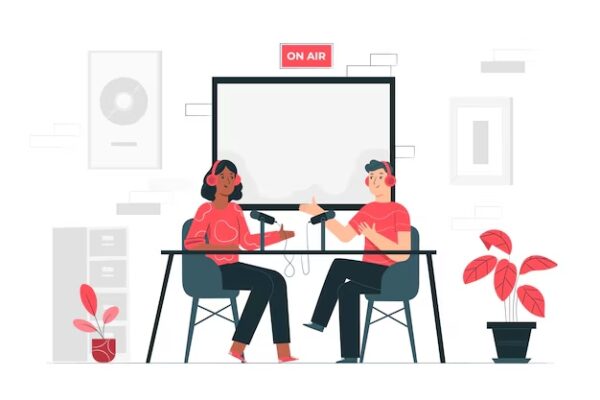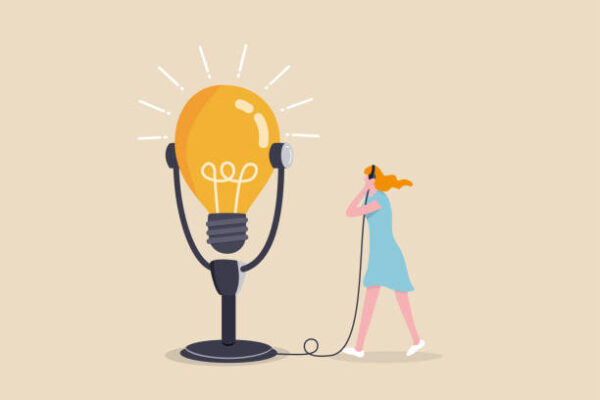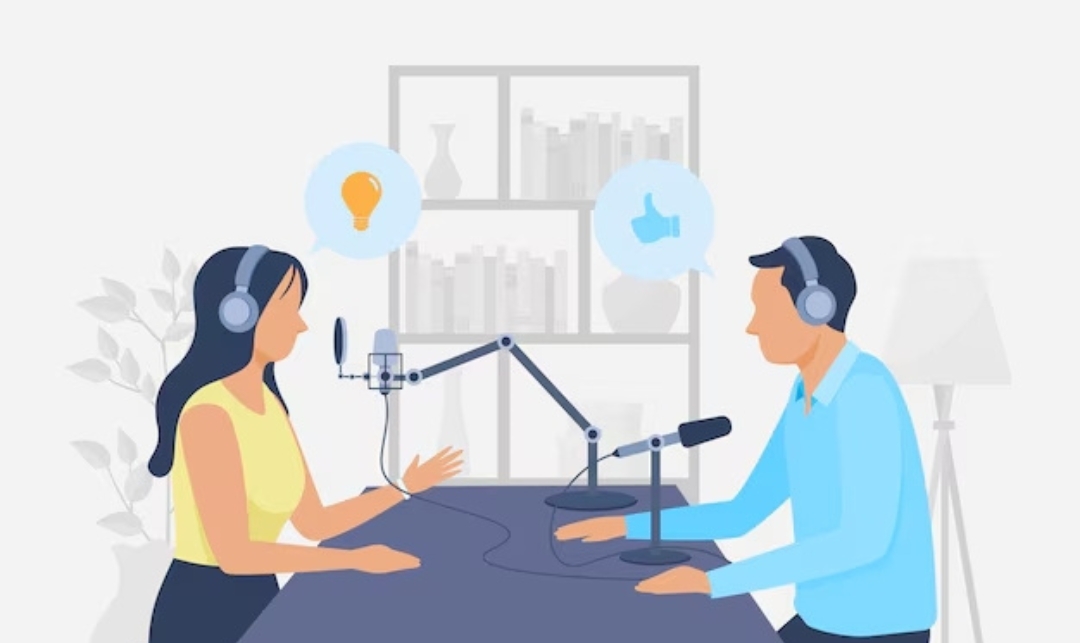For the past 15 years, I’ve been working on building tools that empower everyday creators. With Jingle Punks, we transformed music licensing into a democratized, scalable ecosystem, offering working-class creators the opportunity to score television’s biggest shows and earn real revenue.
But as the digital landscape evolves, so has my focus on redefining how content reaches mass audiences. Platforms like TikTok, Instagram and YouTube have completely rewired how media is created, discovered, and consumed.
This evolution is inspiring my next big vision—this time not in television, but in audio.
Podcasting began as a promising medium for independent voices, but it’s become saturated and increasingly inaccessible for aspiring creators. The space is dominated by networks, celebrities, and legacy audio publishers operating on outdated infrastructure with publishing friction that excludes millions from monetizing.
What most of the industry has failed to realize is that a better model already exists—one where the rules of content creation are being rewritten in real time. China-based Ximalaya, the world’s largest spoken-word audio platform, has built a billion-dollar ecosystem around interactive, monetized audio experiences.
Similar to other forms of social media born outside the U.S., I believe we will perfect this model for American podcasters and audiences in the next 8–12 months. I call this the rise of algorithmic, social audio: personalized, dynamic content powered by smart technology, bite-sized formats, and a creator-first design.

I’m laying out the blueprint in real time—showing my cards and explaining exactly what I plan to build. Here are the 10 guiding principles for the future of social audio—a framework for how we build the next generation of creator-first audio platforms.
- Everything Is a Podcast: In a digital ecosystem flooded with educational clips, DIY tutorials, AI-narrated news, and daily affirmations, the definition of “podcast” needs to expand. Today, any audio-based content that speaks to an audience—regardless of platform, format, or length—is a podcast.
- People Are the Platform: The next era of podcasts belongs to individual creators, not traditional media networks. Platforms must be tailored to those without agents, production teams, or six-figure ad deals.
- Publish Early, Publish Often: Algorithms reward consistency. The more you publish, the smarter platforms become at understanding audience behavior and optimizing reach. For audio creators, success means prioritizing minutes and moments over months-long production cycles and milestones.
- Eliminate the Friction: Podcast publishing is too complex and time consuming with RSS feeds and manual uploads. Modern publishing should match the speed, simplicity, and mobility of today’s creators. It should be as frictionless as posting a story or uploading a reel.

- Commerce Lives Inside Every Soundbite: Every listen is a potential business transaction. Whether it’s subscriptions, merchandise drops, or in-stream purchases, every transaction should happen within the audio environment itself.
- Rethink, Rebuild, and Revitalize: The podcast 1.0 boom is beginning to fizzle out. This is a turning point for AI, social audio, and the next wave of podcasting, offering creators and entrepreneurs a chance to rethink and rebuild platforms that are smarter, leaner, and sustainable.
- If It Doesn’t Exist, Build It: YouTube, TikTok, and Instagram were built to address creators’ pain points, with tools designed to make publishing and distribution easier. Each has grown into a monopoly and shapes how content is shared. Don’t wait for the next big solution—be the one who builds the next substack of sound.
- Decentralize the Microphone Monopoly: Audio is becoming flatter and more distributed. Micro-networks and individual voices will outperform legacy networks in speed, engagement, and reach. In this new digital era, the first and last word will belong to creators.
- Champion the Audio Middle Class: Just like Jingle Punks, the next breakthrough platform must unlock access to scalable revenue for everyday creators. The emerging creator middle class will feature thousands of individuals who may never top the charts but, with the proper tools, can still build a financially sustainable career.
- Embrace AI: The rise of AI offers the ability to automate editing, enhance sound and production quality, and optimize content repurposing. Those who leverage AI without sacrificing critical thinking will be at the forefront of defining our next audio generation.
This new era of podcasting requires a new mindset where content is fluid, creation is frictionless, and revenue is democratized. The main component to success lies in the ability to adopt, evolve, and create alongside emerging technologies and trends. The next crop of creators, innovators, and entrepreneurs will be those who challenge today’s platforms and create innovative solutions.
Jared Gutstadt is the founder and CEO of Audio Up, a trailblazing entertainment company known for creating genre-defying podcasts, original music IP, and immersive audio storytelling. A two-time Emmy nominee and founder / CEO of Jingle Punks, Gutstadt has pioneered the intersection of music, branded content, and storytelling, working with icons like Bob Dylan, Lil Wayne, DJ Khaled, Machine Gun Kelly, Miranda Lambert, and Jelly Roll.













































